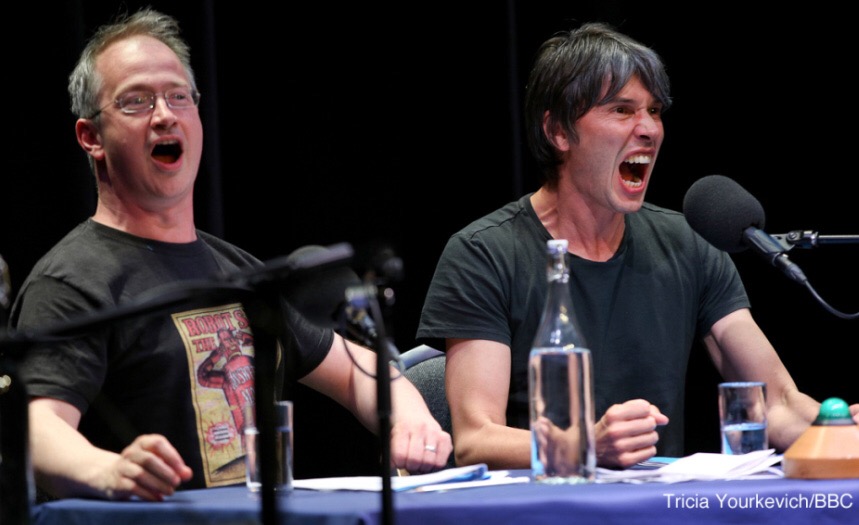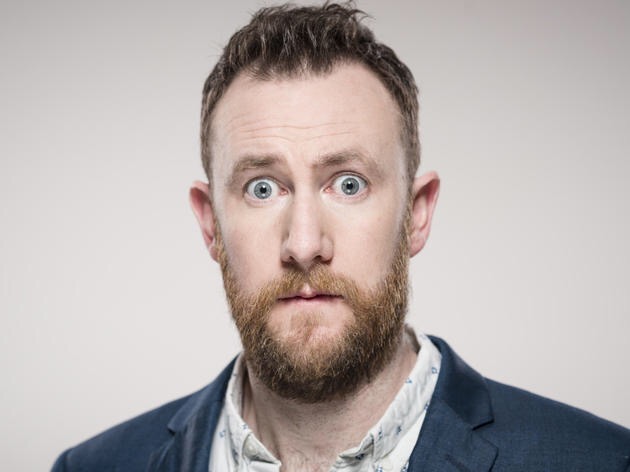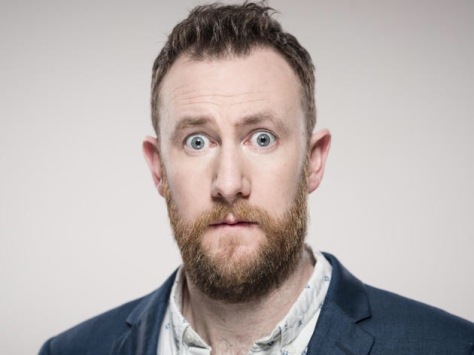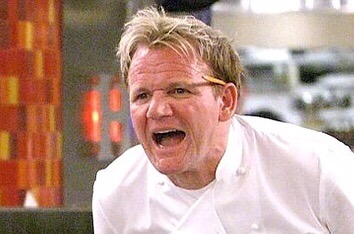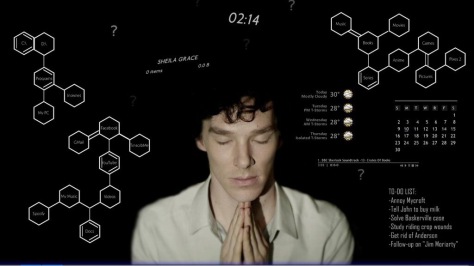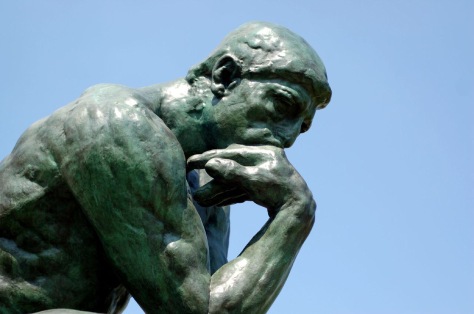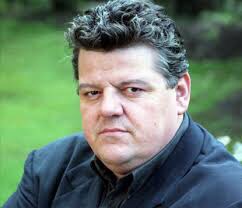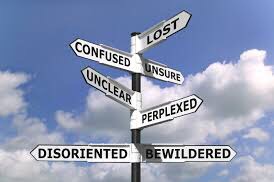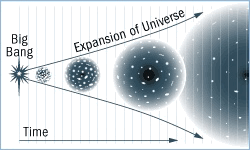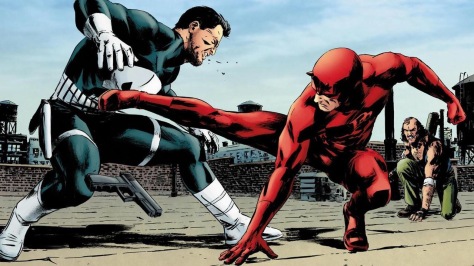For as long as I can remember I have been an extrovert. Whether it would be in Year 4 in Primary School, regularly putting my hand up for anything which involved a degree of public facing or presentation elements, or as a Learning Professional which requires facilitating to a number of skilled people on a variety of subjects. These subjects could be as emotive as ‘Suicidal Ideation’ to as flexible as ‘Charing Meetings with no Agenda.’
“I couldn’t do that” one would say, “You’re so confident” says another. Both comments are subjective and could be challenged at any particular time or day, depending on personal circumstances, how much my toddler decides to sleep and so forth.
I remember my first Professional Public Speak. It was facilitating a Reflective Practice Workshop to 12 Behavioural Change Workers. I didn’t fully understand the term Reflective Practice nor did I fully appreciate the lack of available time the professionals in the room ‘had to spare.’ This resulted in a lot of watch checking, whispering and taking phone calls throughout the meeting. I could feel my confidence retreating whilst my heart rate increased. For some reason, i decided to wear a light green shirt, which was starting to become see-through as the cold sweat was running down the back of my neck. The Session Plan Document i was holding, gripped like a shield as wobbling in my nervous hands and making a noise like a home made Blue Peter Project without the yoghurt pots. A few staff left before the end whilst I had two or three complaints to my line manager at the end of the day. Combine this with the fact that I was on a temporary contract in my first full time role – you could say I wasn’t the most confident following and yet still extrovert by nature, becoming reenergised by hearing peoples ideas, workplace views and their goals going forward.
A few weeks later I wanted to get back on the horse. I wrote and facilitated an ‘Alcohol Awareness Programme’ for Police Officers. I wanted it to be fun, encourage discussion and allow myself an opportunity to utilise the skill in the room ……….. it never worked out that way. 11 of the 12 officers in attendance got involved, with lots of laughing – the one who didn’t informed me “I don’t have f**king time to play f**king kids games’ whilst pointing at me and stormed out. The ledge of confidence I gained during the introduction exercise I was trying to keep hold off but was about as effective as trying to peel an orange whilst wearing boxing gloves. I continued the session, the evaluations came back as strong but I still felt like i received a punch to the stomach.
“You don’t learn to ride a bike by reading a book” my brilliant former manager would say to me (@JoCoaches on Twitter). This is so true, following a lot of reflective practice myself, i would purposely try to challenge myself whether it be Ignite Talks, Lectures, Director Coaching, Workshop Facilitating, Org Design etc. Gaining as much experience as I could in the attempt to feel ease in uncomfortable situations. It works and having an ‘extrovert’ personality allows me to create an environment in the room where people feel valued, respected and heard – I’m not suggesting ‘Introverts’ do not, I’m just talking about me. Telling jokes, creating inclusive conversations, differentiating exercises depending who is in the room and if something doesn’t work having the confidence to say it. “This isn’t working, let’s try something different, who has ideas, let’s coproduce a way forward” Empowering, building trust, getting rid of the Expert / Patient Model which not taking responsibility for what someone wants or doesn’t want to gain from the day.
Do I still worry and have fears, yes! Some are difficult to shake. My phobia of Clowns is certainly one. I remember being at a children’s party, I must have been about 8 when an entertainer was hired dressed as a clown. Creepy i know! He presented to the party a fake finger guillotine, detaching a fake finger and throwing it into the circle of children. Terrifying. I feel like this last paragraph wouldn’t look out of place in a Stephen King Novel!
I am beginning to start feeling uncomfortable in small rooms, trains with no room too. I don’t think anyone notices but I do. Which is kind of the theme of this wild writing I’m doing on the train to London this morning. Feeling slightly warm, bit uncomfortable like when I first started facilitating over a decade ago. Feeling uncomfortable, anxious, nervous are completely normal. Most the time nobody notices as long as you have a place to bounce your ideas and reflections you’ll be absolutely fine. Mine reflections I’m sharing with you!
Twitter – @TheCraigKaye


